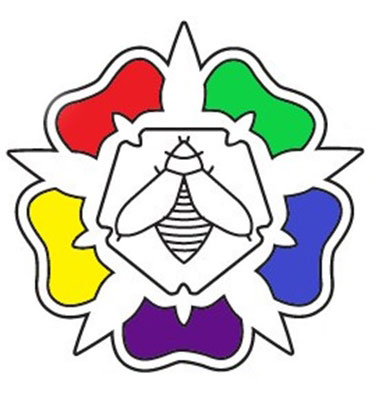Mathematics
Our names are Kathryn Johnson and Jodie Stephenson and we are the Curriculum Leaders for Mathematics.
Since the Primary Curriculum changed in 2014, the way Maths is taught across the country has changed. We now follow a mastery approach to Maths. This works on the basis that all children can master Maths. “Mastering maths” means that children understand the Maths they are doing, rather than simply learning how to do it. All children are given the opportunity to explore different Maths topics and some will work at a deeper level, developing their understanding of concepts and how to apply these. This is a very different way of learning maths, however by teaching children to understand what they are doing, they are much more likely to remember it and be able to apply what they have learnt to a range of questions.
Teachers and practitioners in the Early Years support children in developing their understanding of Mathematics in a broad range of contexts in which they can explore, enjoy, learn, practise and talk about their developing understanding. This is supported by the Maths- No Problem! Foundation series, which includes a wide range of practical activities, written activities, group games and books. Children in the EYFS learn by playing and exploring, being active, and through creative and critical thinking which takes place both indoors and outside. We recognise that children learn through routine, continuous provision and incidental learning opportunities, as well as planned sessions and activities. This includes being given opportunities to seek patterns, make connections, recognise relationships, work with numbers, shapes and measures, and counting, sorting and matching. Children use their knowledge and skills in these areas to solve problems, generate new questions and make connections across other areas of learning and development.
In Years 1-6, we use the Maths No Problem series to support our teaching. This has been developed by experts and teaches concepts using a mastery approach. Children will be shown different methods for solving problems, using physical apparatus, drawings and more traditional methods. Each topic will start with children using physical apparatus and/or drawings, and move on to written methods. This is done to help children understand why written methods “work”. The Maths No Problem series follows the National Curriculum for Maths. More information about what your child will be taught in each year can be found in our Whole School Progression Map and the Schemes of Work documents for each year group.
Some children may decide to stick with using cubes or other objects to help them answer a problem. They will be asked to have a go at other methods, but they may choose to go back to using equipment when working on their own. Many children will be able to use all or most of the methods they are shown, but will have one preferred method. Some children will choose to use different methods for different questions. By teaching in this way, all children will have at least one method for solving a problem.
Some of the methods your child is learning will be similar to those you learnt at school. Many methods may seem very different. This is because these methods are a way of helping children to understand the concept, whether that be addition, subtraction, multiplication or division. Children will work through these methods as their understanding develops. The aim is for children to eventually be using the most efficient method, however they will reach this point at their own pace.
Our Calculation Policy shows you the main methods your child will be taught for addition, subtraction, multiplication and division in their current year group. This will hopefully help you to understand what they have been shown in their lessons. If you are unsure about a particular method, see if your child can explain it to you, or speak to your child’s class teacher who will be happy to help. To support our children in using a range of mathematical operations and methods, we encourage them to learn Key Instant Recall Facts. For more information on these, please see the parent letter and overview documents below. We also use bar models to support children in solving mathematical problems. These help children to identify the calculation they need to do. More information about our use of bar models can be found in the Bar Model Policy.
